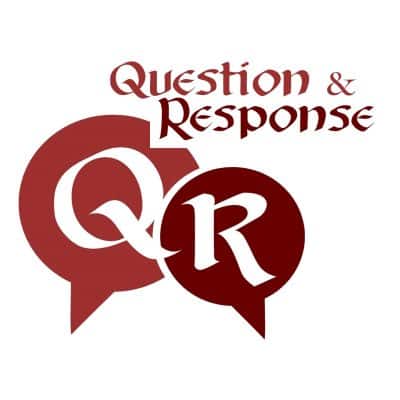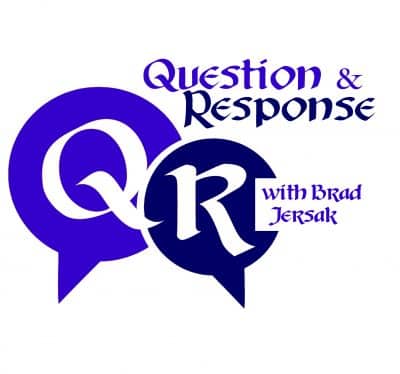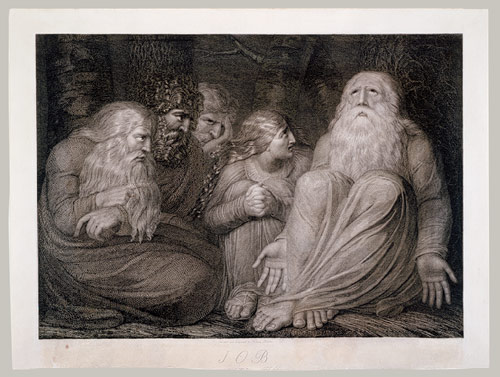Q&R with Brad Jersak – Is the book of Enoch authentic?
Question
I have read the Book of Enoch. It makes for interesting reading, and I wanted to know what your thoughts are on this book. My first question is whether it is authentic or not, or written later and attributed to Enoch. Also, what are your opinions about the book?
Response
The Book of Enoch is a work of 3rd-4th century BC (at the earliest) apocalyptic pseudepigrapha (a work written under an assumed name). Like many other books written in that period (including, possibly, Daniel), the book of Enoch offers visions and prophecies using a famous Jewish figure (from Genesis) for credibility. I believe we can say with certainty that no Jewish or Christian scholars today believe that it was written before then, and certainly not by Enoch.
I would say that Enoch is even less than “apocryphal,” in the narrower sense that the Apocrypha usually refers to the 14 books that were included in the Jewish Septuagint (the Greek translation of the Old Testament a few centuries before Christ). But those books were later dropped by the Jews (in the 2nd century AD) because they had not survived in Hebrew and were likely written after the era of Ezra.
Still, the OT Apocrypha we included in all Christian Scriptures until the Protestants removed them in the 16th century, which strikes me as very late for people who claimed “Scripture alone!” to be removing entire books from their canon of Scripture. Because virtually all Christians for 1500 years regarded them as Scripture, so do I.
However, Enoch was never included in the Apocrypha, much less the tighter versions of the Bible. The only biblical collections where Enoch was ever included were the Jewish and Christian canons in Ethiopia.
That said, I am told by OT scholar Matthew Lynch that Enoch was among the five most popular books for reading among the Jews in the first century. As such, it’s not all that surprising that Jude quotes it, though more as illustrative than authoritative.
And in fact, some of the 2nd-century fathers (Barnabas, Clement, Irenaeus and Tertullian) did assume or argue for its canonicity, mainly for its Christological themes. But the first Christians primary OT source, the Septuagint, did not include Enoch so it never got sufficient traction to become a serious contender for formal canonization.
The content of the book suggests a lot of the fairly typical, fanciful and mythological speculation common to that era between the Testaments. There were many other writings that were both similar and contradictory to Enoch, especially with the author’s liberal use of imagination in their retrospective midrash (creative retelling) of biblical characters such as the Nephalim, Noah and their great flood tradition.
But Enoch probably also shows the influence of and syncretism with Zoroastrianism and the like during the Babylonian captivity. The author freely imports their fiery afterlife imagery … but also, we see the growing development of a solid resurrection theology (most overt in Daniel).
I think the value of reading Enoch is to see the type of pop imagery that influenced some of the Jews of Jesus’ time (the Essenes probably, the Pharisees only maybe and definitely NOT the Sadducees). And so the NT authors should be regarded as knowing Enoch, perhaps engaging it, but demonstrate little evidence of treating it as authoritative. Judaism was very complex by then, so there would have been a wide range of opinions about Enoch and I see no evidence that Jesus assumed any of it was true.
Indeed, the backstory Enoch (and the many other books like it) gives for the great flood (to drown the Nephalim) is quite contrary to what is actually described in Genesis (human violence that ruined the earth). But that is a story for another day.









 Plain Truth Ministries | Box 300 | Pasadena, CA 91129-0300
Plain Truth Ministries | Box 300 | Pasadena, CA 91129-0300

